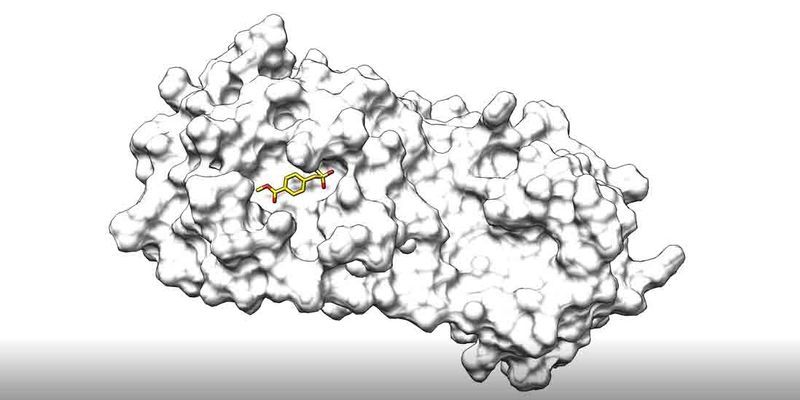Extending the life of the qubit
Physics Professor Maria Iavarone will use her expertise in materials science to help develop the next generation of quantum computers.

More reliable weather forecasts, new medicines, improved cyber security and data encryption. These are just some of the innovations that may be accomplished through quantum computing.
Now, Temple’s Department of Physics has joined a national effort, funded by the U.S. Department of Energy, to build and deploy an advanced quantum computer.
“A quantum computer can solve problems that traditional computers cannot,” said Professor of Physics Maria Iavarone, who is leading the department’s effort. “It can process an enormous amount of data in a much shorter time, which means that it is possible to solve much more complex problems and handle vastly larger data sets.”
One of the biggest barriers to the construction of a quantum computer is the short life span of the information that lives in a qubit, the quantum analog to the traditional computer bit. Today’s highest-performing qubits maintain information for, at most, only 100 microseconds—not long enough for some calculations to be performed.
“What contributes to a qubit’s extremely short life span, or decoherence, in a superconducting quantum system are material defects and imperfections at surfaces and interfaces,” explained Iavarone.
Her lab will be using low temperature scanning tunneling microscopy, which enables scientists to understand the electronic properties of materials down to the atomic scale—essentially allowing the human eye to see a single atom—to understand the basic mechanisms of decoherence.
“Professor Iavarone’s group has a proven record of success applying scanning tunneling microscopy to superconductors and to other materials,” says Jim Napolitano, professor and chair of the Department of Physics. “That expertise will be critical to this national initiative and to developing the next generation of quantum computers.”
—Greg Fornia


